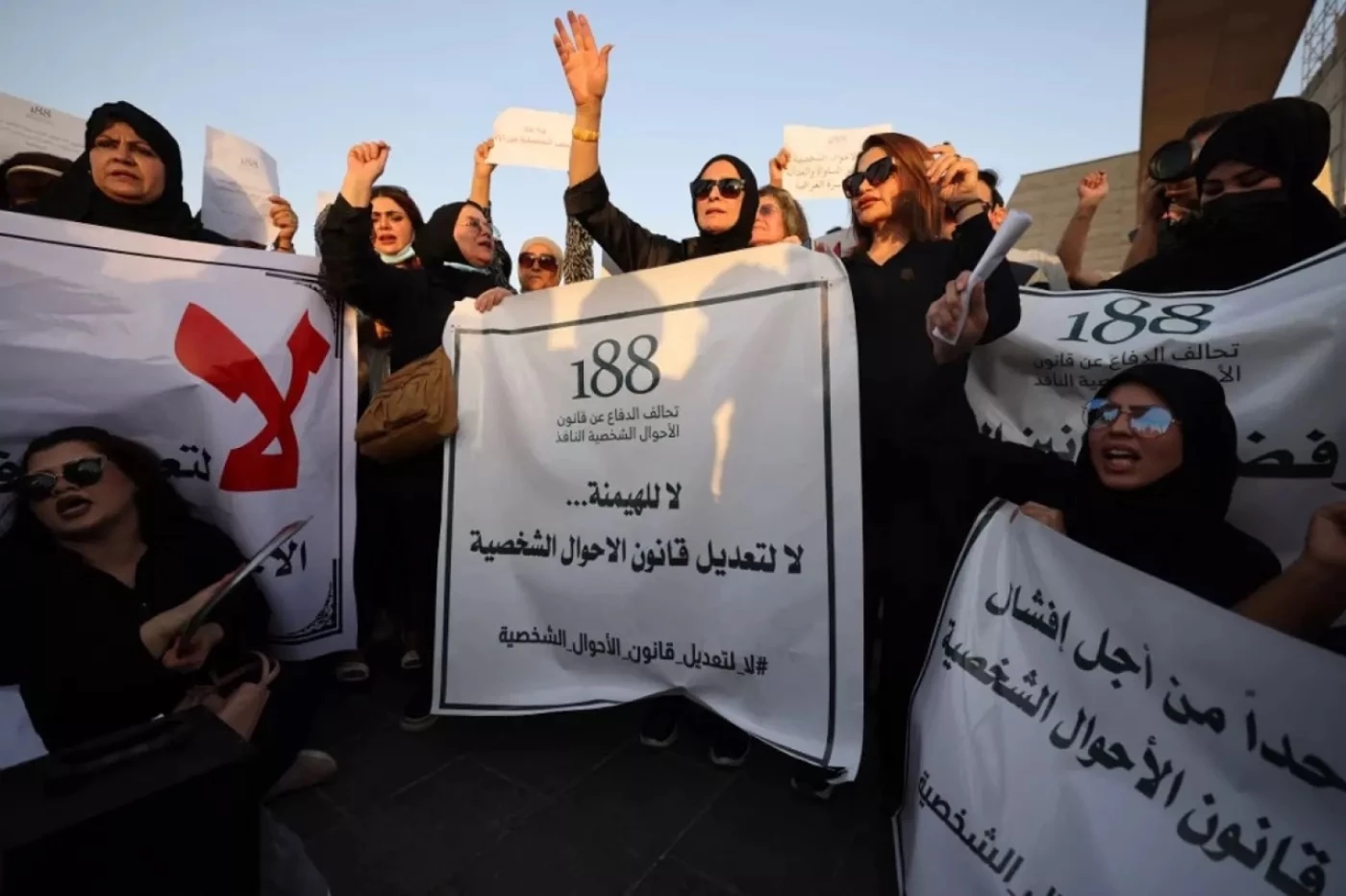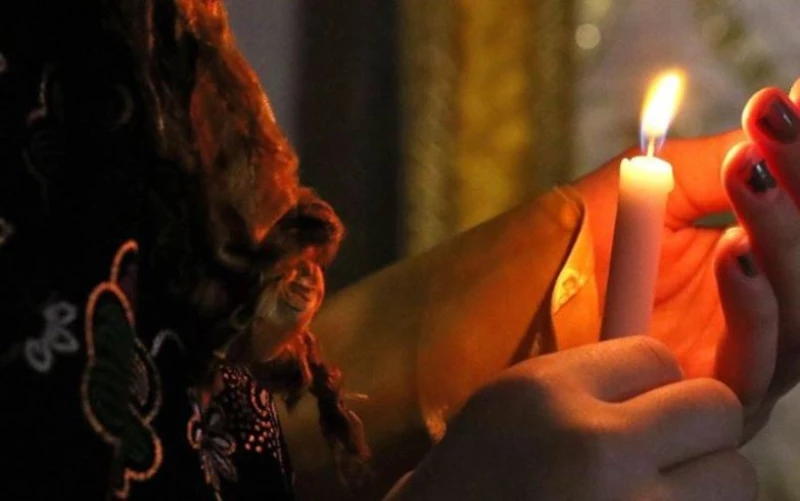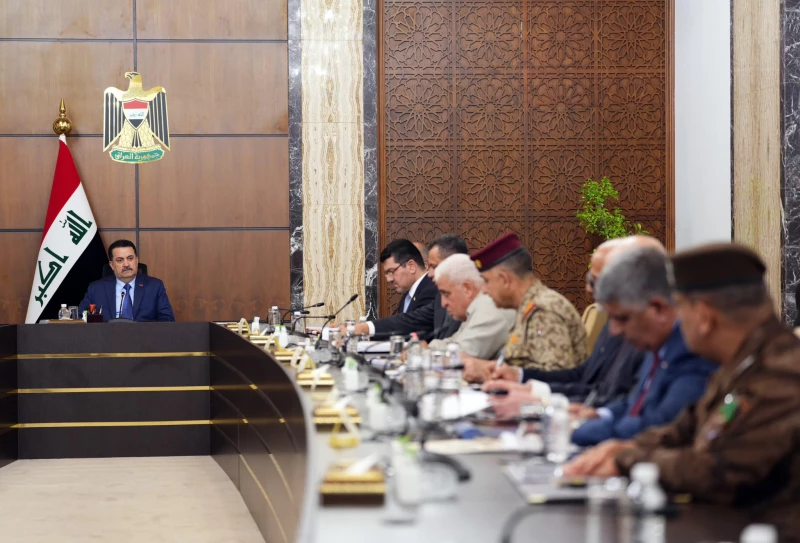Last Monday, cleric Rashid al-Husseini issued a stern warning to Shiite MPs in Iraq's parliament following the delay of the second reading of the amendment to the Personal Status Law, an amendment that could put girls as young as nine at risk of being married off.
Husseini's remarks, which implied that "patience has a limit”, raised concerns about potential repercussions if the delay continues.
Iraqi MP Noor Nafea al-Jalaheawi, one of the most active voices against the passage of the amendment, criticized Husseini’s stance, describing it as an exploitation of the current political situation and an attempt to pressure Sunni members.
Jalaheawi told The New Region that “the threats against MPs undermine the legislative process, noting that decisions made under such duress may be legally invalid.”
The controversy centers on a recent proposed amendment to Article 10 of the Personal Status Law, which changes penalties for marriages contracted outside the court.
Previously, such marriages were penalized with imprisonment or fines. The amendment allows the Personal Status Court to validate these marriages if executed by authorized individuals from the Shiite or Sunni endowments.
Critics, including Jalaheawi, warn that this change could legalize informal marriages and potentially increase instances of forced marriages, particularly involving minors.
Jalaheawi expressed concerns that the amendment could lead to societal problems by enabling marriages of minors and undermining family stability.
Legal expert Jamal al-Asadi clarified that “Iraqi law already permits marriages for individuals as young as 15.”
He noted that “the ongoing amendments focus on integrating various religious schools of thought into the jurisprudential framework, rather than directly addressing the issue of minor marriages.”
A recent poll by the Iraq Polling Team (IPT) revealed strong public opposition to the proposed amendments to Iraq's Personal Status Law.
Out of over 61,000 participants, more than 70 percent opposed the changes, with only 23.8 percent in favor.
Additionally, 81.6 percent expressed a preference for a civil rather than a religious Personal Status Law.
The Iraqi parliament completed the first reading of the amendment on August 4, moving it closer to a vote.
The amendments, which have been criticized by rights organizations and activists, would shift marriage validation from the courts to religious authorities, impacting women's rights, including inheritance and custody.
The bill, primarily supported by male Shiite MPs, is justified by its proponents as a measure to “protect” young girls and reduce divorce rates, but it has faced backlash for potentially legalizing child marriage.
Human Rights Watch condemned the proposed changes as a severe regression for women's and girls' rights in Iraq.
Previous attempts to pass similar amendments in 2014 and 2017 failed. Iraqi women MPs, organized under the Alliance 188, and various protests have mobilized against the bill.


 Facebook
Facebook
 LinkedIn
LinkedIn
 Telegram
Telegram
 X
X



